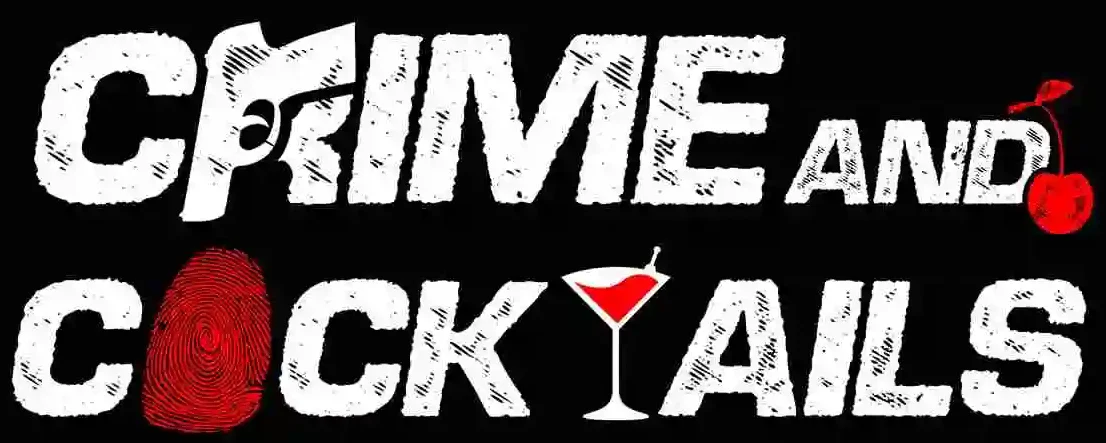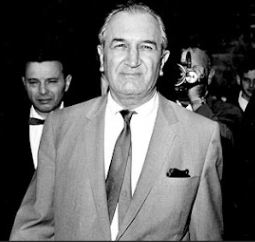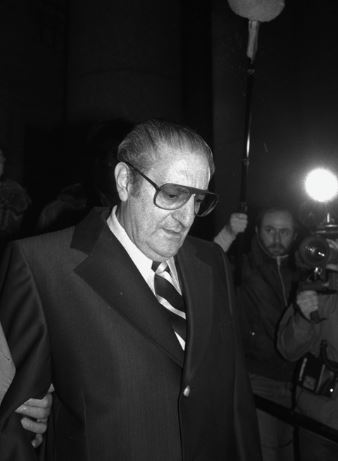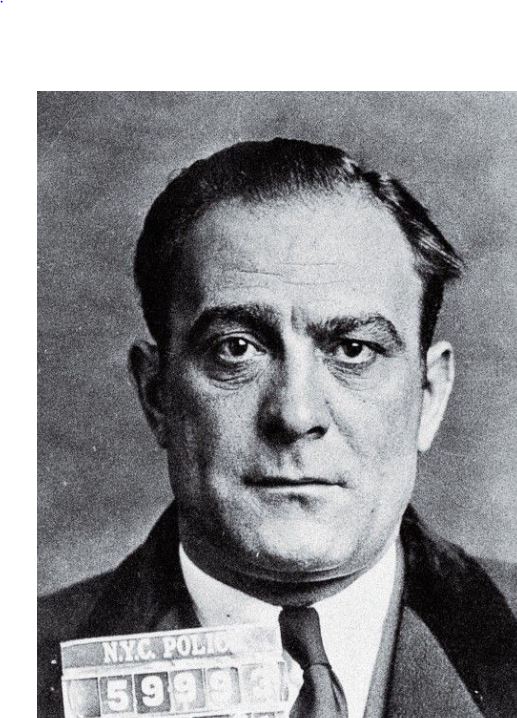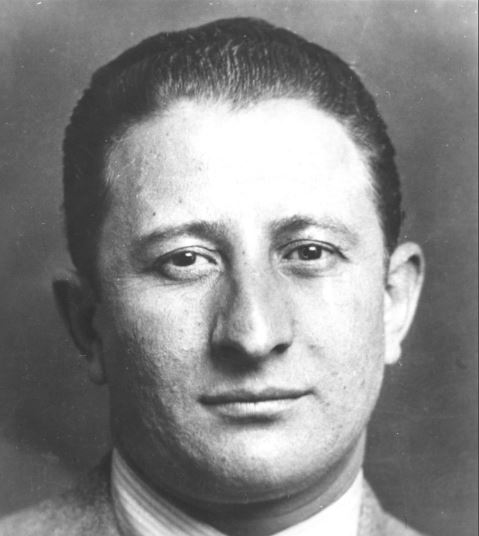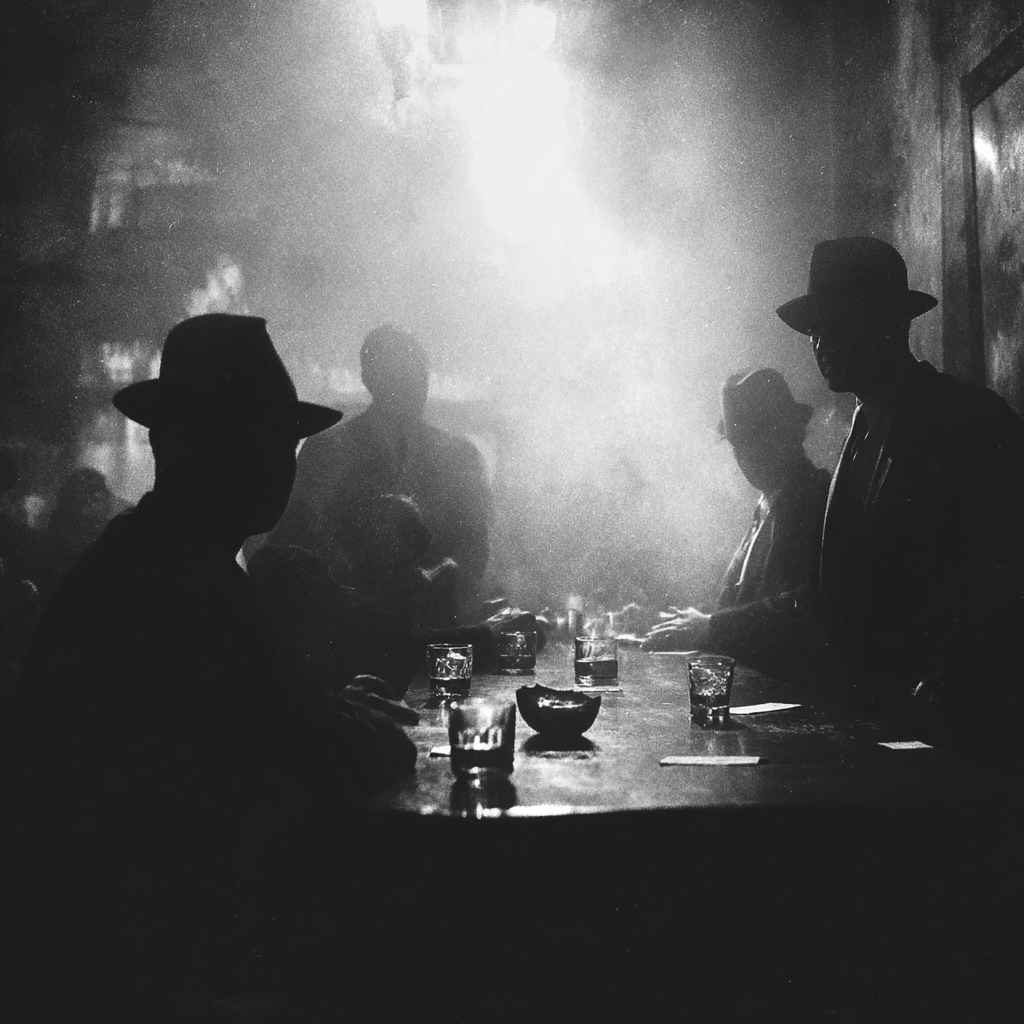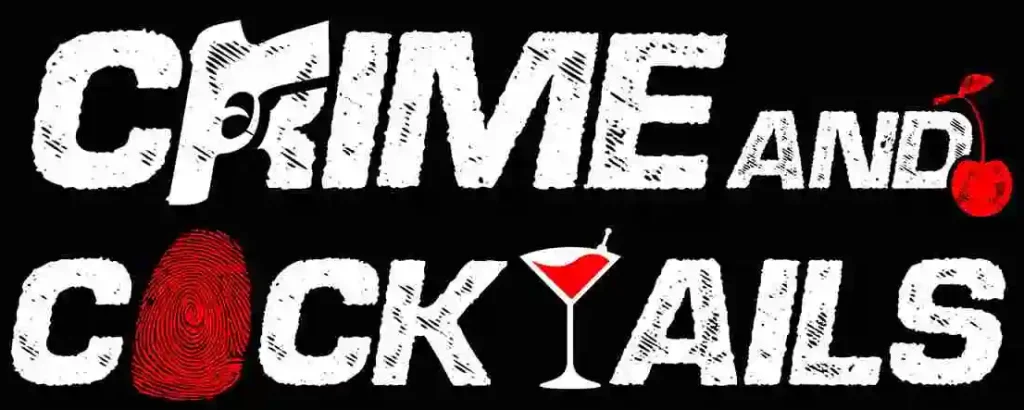A City at War with Itself
Chicago, 1928. A city bursting with ambition, industry—and bullets. On April 10th, voters arrived at polling places under the pall of smoke, corruption, and fear. In the six months leading up to that day, 62 bombs tore through the city, two politicians were assassinated, and hundreds more feared they’d be next. This wasn’t an election. It was a turf war disguised as democracy.
The name “Pineapple Primary” came from underworld slang: a “pineapple” was a hand grenade. And grenades were the language of choice in a primary where political enemies were fair game and gunfire spoke louder than campaign speeches.
Big Bill and the Return of the Mob-Backed Machine
At the center of it all was William Hale “Big Bill” Thompson, Chicago’s answer to chaos wrapped in pinstripes. After two scandal-plagued terms in 1915 and 1919, Thompson disappeared from office only to return in 1927, riding a wave of public anger against Prohibition enforcement.
His pitch? Forget morals, bring back the booze.
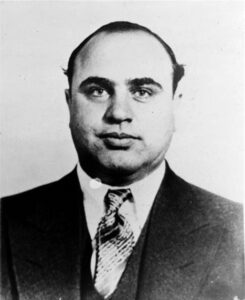
And Al Capone liked what he heard. The mob boss reportedly greased Thompson’s campaign with $250,000—a king’s ransom in the Roaring Twenties. Once re-elected, Thompson didn’t just look the other way when it came to bootlegging—he opened the city’s arms to it. Reformers became enemies. Law enforcement was weaponized not to stop crime, but to crush opposition.
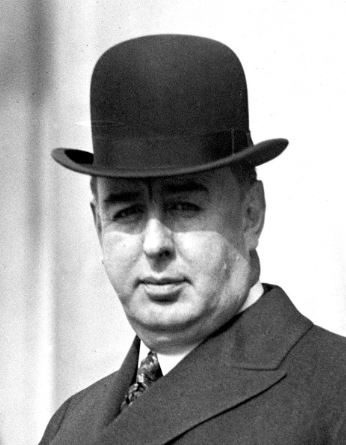
Two Republican Factions, One Blood Feud
The Illinois Republican Party wasn’t a party. It was a battleground.
Thompson led one camp, oiled by mob money and political intimidation. Opposing him was Charles Deneen, a former governor and sitting U.S. Senator, a man with reformist pretensions—though even he rubbed shoulders with gangsters when it suited him.
Their rivalry had been simmering since 1904. By 1928, it exploded into open warfare.
Three races embodied this brutal conflict:
Thompson supported:
Frank L. Smith for the United States Senate
Len Small for Governor
Robert E. Crowe – incumbent for the Illinois Attorney General
Deneen supported:
Otis F. Glenn for the United States Senate
Louis Emmerson for Governor
John. A. Swanson for the Illinois Attorney General
None of the kingpins themselves were on the ballot. But their soldiers were. And the spoils—access to city hall, control of police, and influence over $100 million in bootlegging graft—were worth killing for.
Death Comes to Oakley Boulevard
March 21, 1928. Republican ward boss Giuseppe “Diamond Joe” Esposito, a man deeply embedded in the city’s Italian community—and organized crime—stepped into the street near his home. Moments later, he was cut down in a hail of gunfire from a speeding car.
His bodyguards dropped to the ground untouched. The police found double-barreled shotguns and a revolver at the scene. Esposito’s wife cradled his dying body just steps from their front door. He’d been warned to flee Chicago. He stayed. And he paid.
Witnesses vanished. One was murdered. Suspects were interrogated. No one was charged.
In 1928 Chicago, truth was just another casualty.
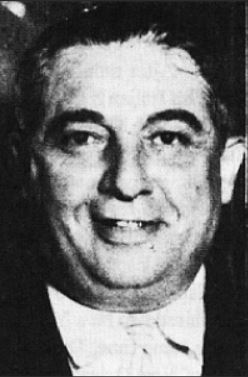
Fire and Fear: Bombings Rock the Political Elite
The violence wasn’t random—it was precise, strategic, and merciless.
On March 26, just days after Esposito’s funeral, two bombs exploded nearly simultaneously. One at Senator Deneen’s home. Another at the home of John Swanson, the candidate challenging the mob-tied State’s Attorney Robert Crowe.
The blasts shattered windows, tore up porches, and shook neighborhoods. Deneen was out of town, but the message was clear: no one is safe.
From Washington, Deneen declared the attacks “the work of organized and protected [criminals]… in their desperate effort to retain political control.”
Crowe? He blamed Deneen. According to him, the bombs were a sympathy ploy—“done by Deneen forces… to discredit Mayor Thompson and myself.”
In a town where facts bled, truth was just another battleground.
Voting at Gunpoint
By April, the violence was so rampant, the U.S. Marshal in Chicago begged the Attorney General to send 500 extra federal marshals to protect voters. Meanwhile, a Federal grand jury was sworn in to prosecute anyone who tried to intimidate citizens at the polls.
The Illinois Supreme Court ruled election judges could be jailed for contempt if they tampered with votes. Over 3,000 lawyers and civic volunteers were deputized to guard polling places. For once, crooked ballots might be stopped before they were stuffed into boxes.
Even so, reformers expected to lose 25,000 votes to fraud—a win compared to the usual 75,000.
And while Republicans tore each other apart, Democrats watched and waited, too fractured and too weak to interfere, but giddy at the carnage engulfing their enemies.
Blood on the Ballot: The Murder of Octavius Granady
Election Day, April 10, 1928. The violence didn’t stop at bombs or threats.
Octavius C. Granady, a reform candidate and Afro-Caribbean attorney from St. Thomas, U.S. Virgin Islands, was hunted down in his car and murdered. He was running for 20th Ward Committeeman on an anti-corruption platform.
He was too clean, too bold, too inconvenient.
So he was silenced.
Victory Amid the Rubble
In the end, voters delivered a gut punch to the Thompson machine.
- Louis Emmerson crushed Governor Len Small by 400,000 votes, taking the governor’s mansion.
- John Swanson defeated Crowe by 120,000 votes, becoming the new State’s Attorney.
- Otis Glenn finally buried Frank L. Smith’s controversial Senate run.
The Deneen faction had won. But it wasn’t a victory of ideals—it was a rejection of blood-drenched politics. Reformers triumphed because people had had enough of the bombs, bullets, and bribes.
As the Chicago Tribune reported two days later:
“In spite of all reports to the contrary, we wish to announce that up to the hour of going to press yesterday afternoon, Mayor William Hale Thompson had not resigned as mayor of Chicago.”
The machine wasn’t dead. Just wounded. And regrouping.
The Aftermath: Lessons from the Edge
The Pineapple Primary remains one of the darkest chapters in American political history. It revealed just how fragile democracy can be when power, profit, and organized violence intertwine. When mob money funds mayors. When police serve politics, not the people. When votes are won with shrapnel, not speeches.
And yet, in the end, voters still turned out. They voted under threat of death. They risked bombings to stand in line. They stood up not because they weren’t afraid—but because they were tired of being ruled by fear.
In 1928, Chicagoans didn’t just elect new leaders.
They survived a war.
And they fired back—with their ballots.
Written by: C.F. Marciano
